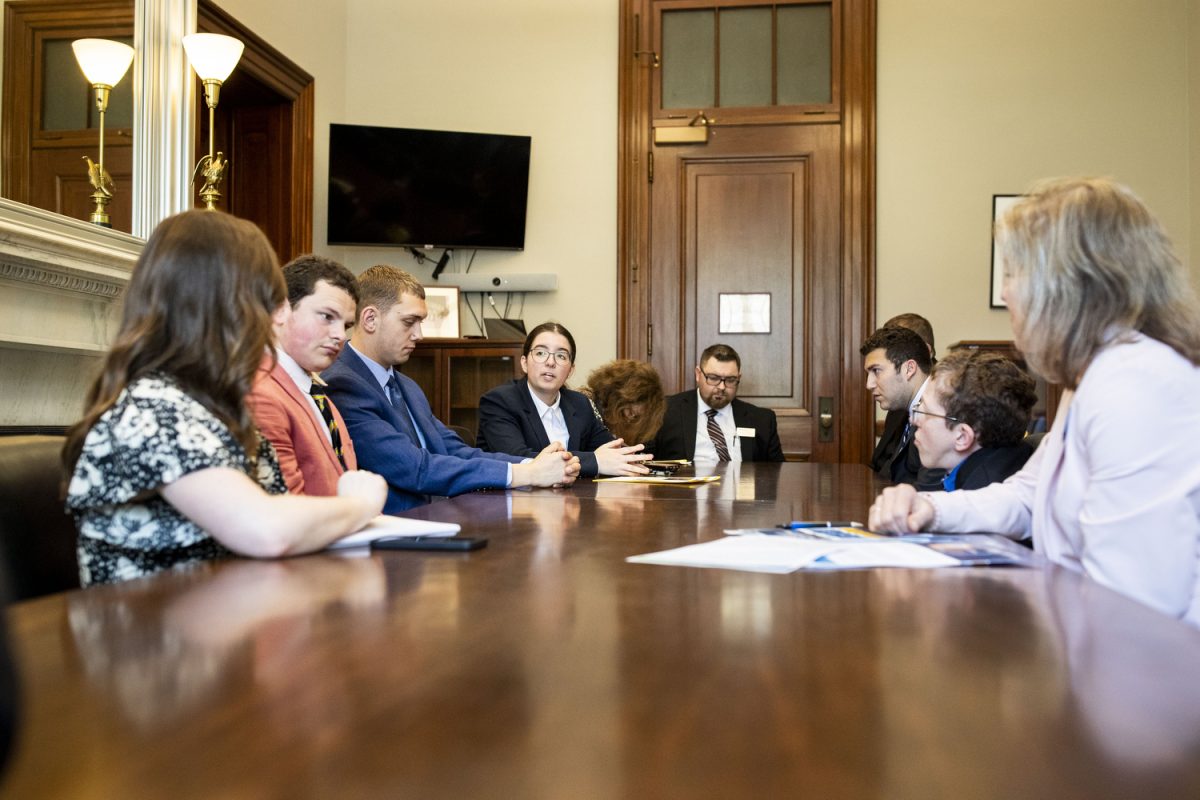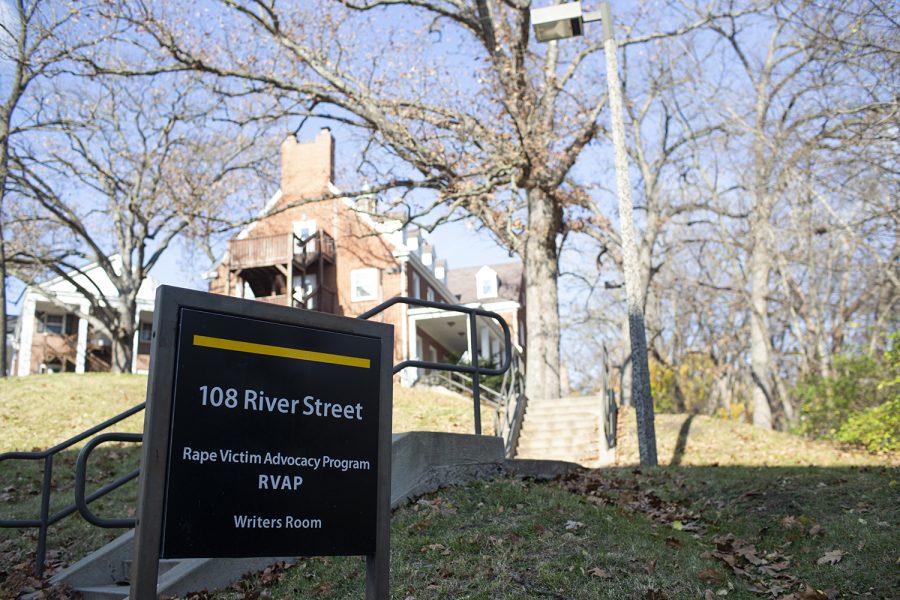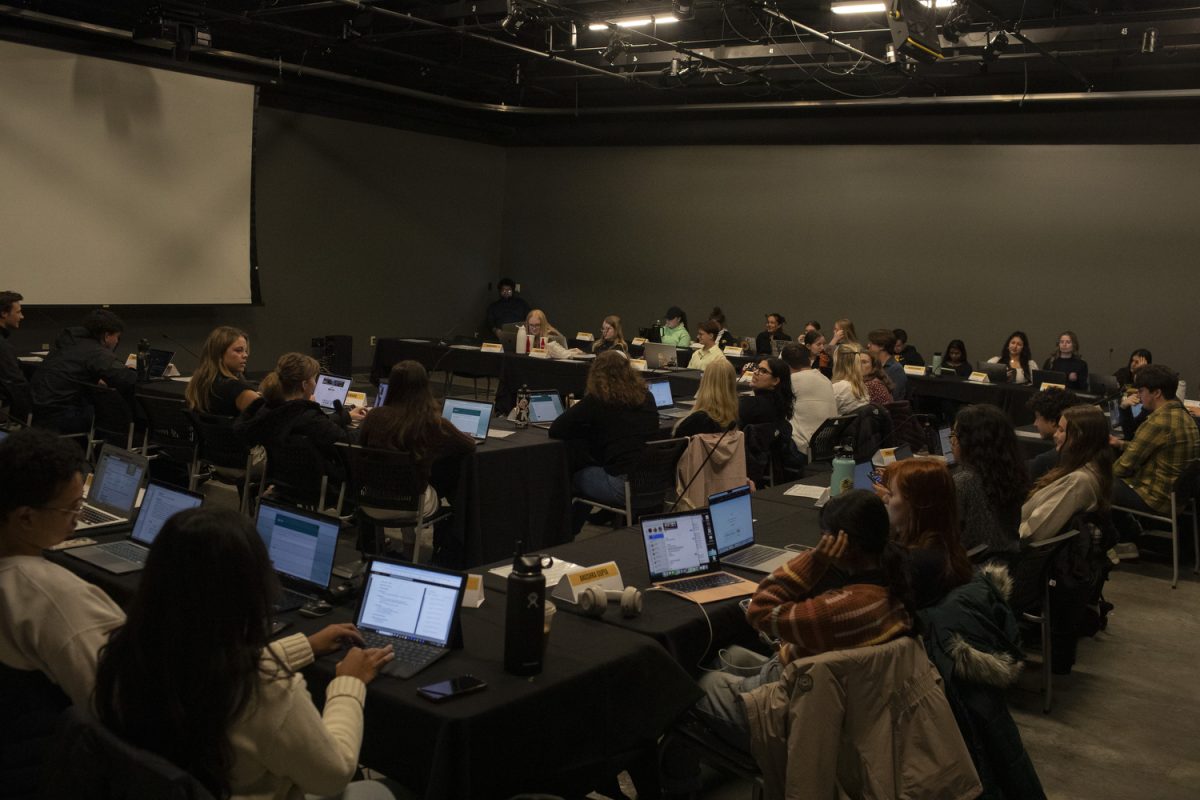Across the nation, health-care facilities are facing a slight shortage of nurses, and experts say that in the next decade, it could get worse.
University of Iowa nursing officials said a lack of faculty in the educational field could be a contributing factor.
According to the U.S. Bureau of Labor Statistics, 580,000 nursing positions will need to be filled by 2018 to maintain high-quality care.
If this does not happen, the lack of nurses will continue to grow, with a projected 20 percent shortage by 2020, according to a report by Nurses for a Healthier Tomorrow.
Rita Frantz, the dean of the UI College of Nursing said the nursing shortage may not affect the University of Iowa Hospitals and Clinics, because 300 nurses were hired over the last year.
What is concerning is the lack of faculty in the nursing program at Iowa universities, she said.
"The biggest obstacle we have is a shortage of faculty," she said.
To tackle this, Frantz said administrators are beginning to look at different ways nursing departments can collaborate — such as the UIHC or Mercy Hospital — to help shoulder the burden of the nursing faculty and also create more clinical sites for students.
"[Collaborations] would help us to stretch the resources of our faculty, which are extremely limited at the moment," she said.
According to the 2011 annual report by the Iowa Board of Nursing, there were 1,062 faculty, with 50 faculty vacancies in the state of Iowa.
And 1,076 nursing applicants were put on waiting lists for basic RN programs, practical nursing programs, and graduate programs.
Experts said the shortage is related to an increase in the number of retired nurses and the average age of Americans.
"The snapshot in today’s employment might show that there is not a shortage of nurses," said Darlene Curley, the executive director of the Jonas Center for Nursing Excellence, an organization that works to better professional nursing with grants and programs to help create and keep nurses. "But looking ahead in the next five to 10 years, we know there is going to be a big shortage as many nurses retire and as Americans age."
Curley agrees the lack of nursing faculty also might be contributing to the problem.
In 2010, she said, there were more than 1,000 faculty vacancies across the country, and 60,000 nursing applicants were denied access to nursing programs.
"One of the biggest problems right now is the faculty shortage and the growing demand for nurses," she said.
UI junior Amanda Kohlbeck, a second-year nursing student, said she believes the nursing shortage is a problem, and she heard about it during her time as a student nursing technician at Mercy Hospital.
"[The nursing shortage] is a pain in the butt for nurses because they have more patients, and it’s more stressful to not be able to give patients all their care," she said. "I work at Mercy, and they’re always saying we need more nurses. We always need more nurses."






